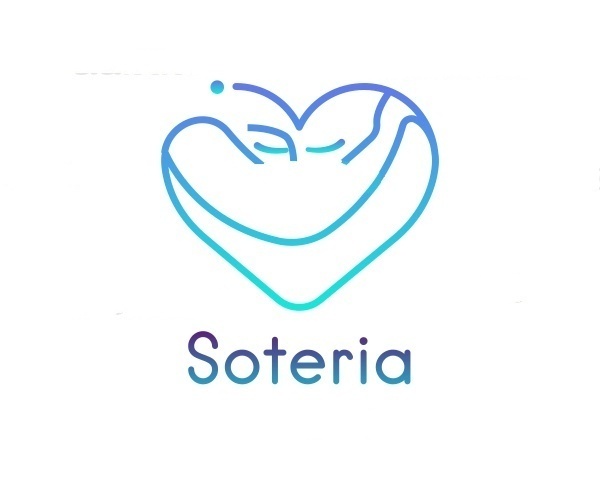Soteria
One of my friends spent over 1500 hours working with refugees fleeing Syria, Afghanistan, and South Sudan. She found that many of these refugees had plenty of health issues, but also plenty of (justified) fear of authority figures, preventing them from seeking out medical care. These refugees will delay treatment because they are scared of having their identities exposed.
Global refugee crises have critical implications to a country’s economic, political and social development. During their migration, the refugees are often in dire need of medical care, but realize that it is too costly and too risky to seek such professional help. They are scared that if they go to a doctor in a country they pass by before they enter their destination country, they will never be granted legal asylum status there. They also lack the paperwork that reflects their medical history and provides them with medical care. As a result, in European countries like Germany and Belgium where healthcare is free for all citizens, refugees suffer from a lack of safe and low cost medical care that creates social inequality.
We built Soteria, named after Greek godess of safety and refuge, an patient-centric telehealth platform for refugees. Soteria aims to strike a delicate balance – between providing caregivers important information about each patient, crucial for accurate diagnoses, while maintaining patient privacy such that individuals can seek medical help confidently without fear of retribution.
This project was a hack done at TreeHacks 2020, and won Stanford McCoy Family Center for Ethics in Society’s $2000 prize for the Most Ethically Engaged Hack, and AlwaysAI’s prize for the best application of Computer Vision for Medical Access. Check out our Devpost, or these articles!

